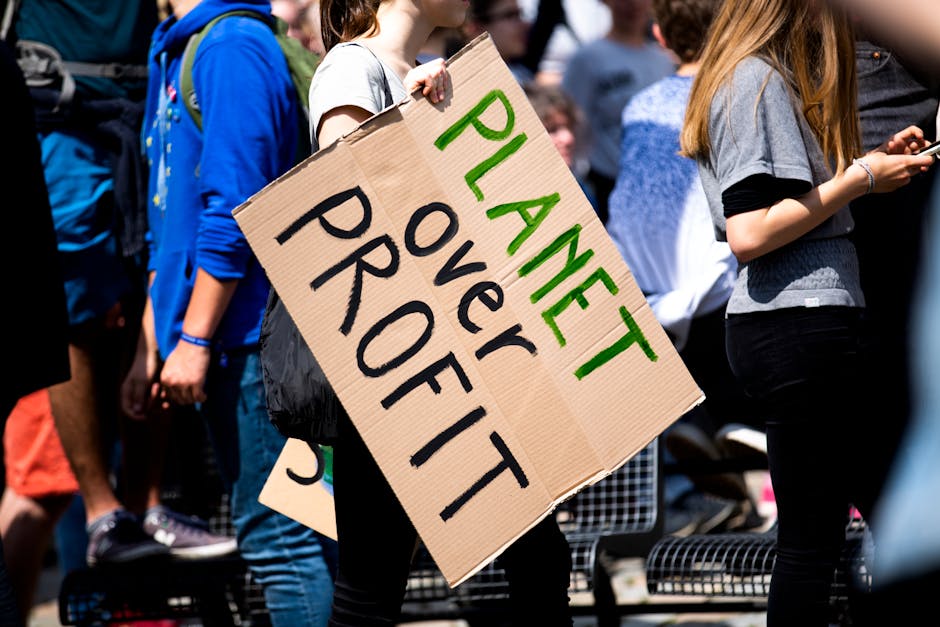**
As U.S. President Donald Trump and Chinese President Xi Jinping edge closer to a potential trade agreement, analysts and policymakers remain skeptical that any deal will ease the deepening strategic rivalry between the world’s two largest economies. While negotiations show progress—with Trump hinting at a “phase one” deal—underlying tensions over technology, military dominance, and geopolitical influence continue to escalate.
The Trade Truce: More Than Just Tariffs?
Reports suggest the U.S. and China are close to finalizing a limited agreement, likely including Chinese pledges to buy more American agricultural goods and some intellectual property protections. In return, the U.S. may roll back select tariffs.
Yet experts caution that even a comprehensive trade deal won’t resolve the broader conflict. “A trade agreement might pause economic skirmishing, but it won’t end the Cold War-like standoff over tech and global influence,” says geopolitical analyst Priya Menon.
Tech War Escalates Beyond Trade
The rivalry has expanded into a full-scale battle for technological supremacy. The U.S. has blacklisted Huawei, restricted semiconductor exports, and scrutinized Chinese tech investments, while China accelerates its “Made in China 2025” plan to reduce foreign dependence.
“The U.S. may win a trade deal, but China is playing the long game—building its own chips, AI, and 5G networks,” says tech policy expert Rajeev Sharma.
Military and Geopolitical Flashpoints
Tensions are flaring in the South China Sea, Taiwan, and Hong Kong. The U.S. has increased naval patrols near Chinese-claimed islands, while Beijing warns against interference. The recent Hong Kong Human Rights Act further strained ties, with China retaliating with sanctions.
“The more the U.S. pressures China on human rights or Taiwan, the harder Beijing pushes back,” notes defense analyst Ananya Desai. “This isn’t just trade—it’s about who sets 21st-century rules.”
A New Cold War?
Some argue the U.S. and China are already in a Cold War 2.0—fought with tariffs, cyberattacks, and influence campaigns. Unlike the U.S.-Soviet rivalry, however, their economies are deeply intertwined.
“Decoupling is nearly impossible without global chaos,” says economist Sanjay Patel. “Both sides rely on each other too much.”
What’s Next?
A trade deal may offer short-term relief, but the structural rivalry is here to stay. Whether over 5G, military power, or ideology, the two superpowers are on a collision course.
As Trump and Xi prepare to shake hands, the world watches closely—knowing the real battle has just begun.
Follow [Your News Outlet] for the latest on U.S.-China relations and global power shifts.
**




